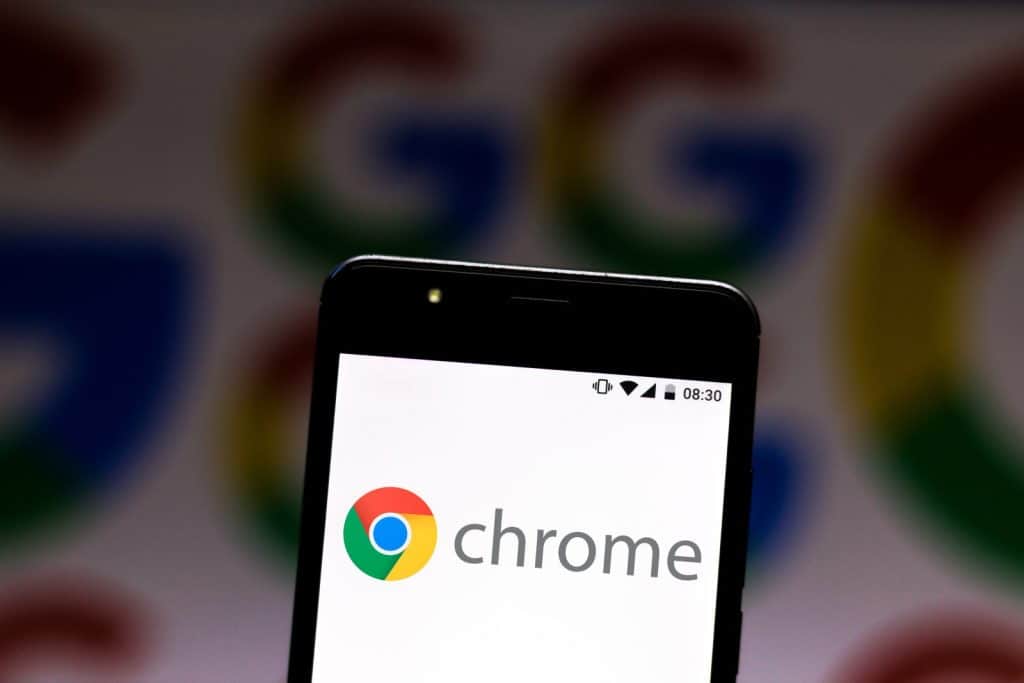
Next version of Chrome brings web AR and NFC to more users
Google is close to making some cutting edge web tech more accessible. The internet giant has released a Chrome 81 beta for Android, Linux, Mac and Windows that adds WebXR support for browser-based augmented reality. Web developers now have a fairly straightforward way to bring AR to users across platforms without resorting to native apps. The underlying framework had been present before, but required enabling flags — this will make AR available to Chrome users once site creators make use of it.
This also opens the door to tap-based interactions. A new Web NFC framework lets mobile devices interact with tappable objects, again without using a native app or system-level features. You could learn more about a museum piece or check into a conference without needing special software. Again, this won’t be useful until site developers take advantage of it, but the platform will be there.
Chrome 81 will also represent a significant advancement for security. This version of the browser pulls support for the aging TLS 1.0 and 1.1 protocols that secure HTTPS traffic. They’d been deprecated in Chrome 72, but this release yanks them entirely — any site that still uses the older formats will be labeled insecure. If a site wants to avoid Google’s displeasure, it’ll have to use newer technology (preferably TLS 1.3). While we can’t imagine many popular sites are clinging to the old security standard, this should push holdouts to upgrade.


